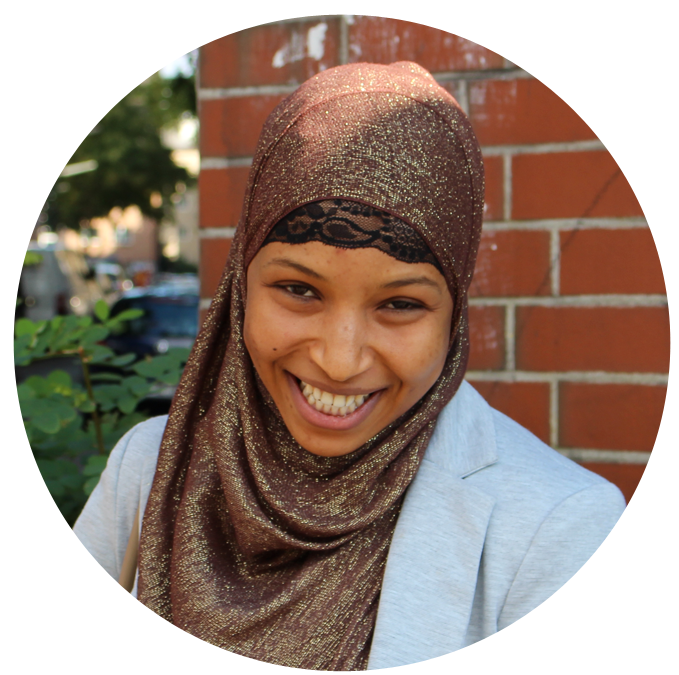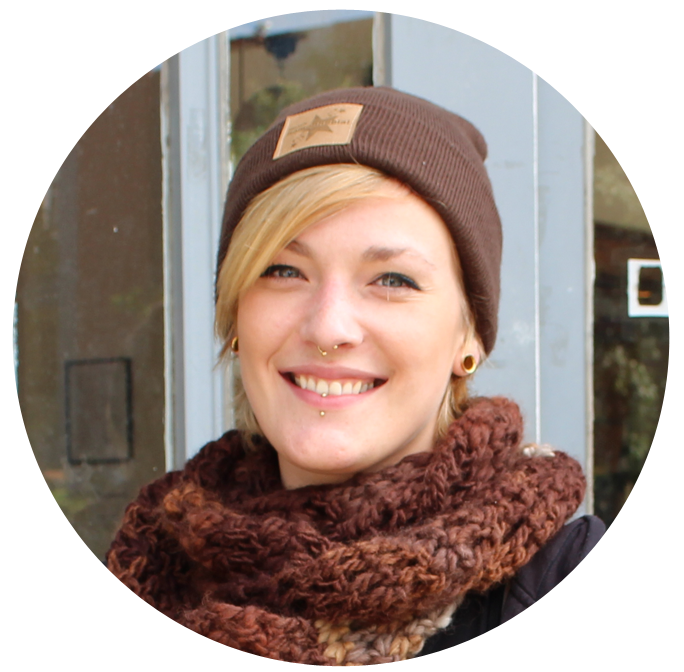She is rather small and graceful in appearance, with an open gaze and a disarming smile. A golden scarf covers her hair. It sparkles in the sunlight, as she moves her head. A delicate piece of lace peaks out underneath. Omou is 18 years old. She is currently in 11th grade, preparing for her final exams. Her favorite subjects in school are mathematics and biology. She wants to become a maternity nurse.
Oumou fled to Germany two years ago. Her homeland, Guinea, is considered one of the poorest countries in the world. More than half of the population lives below the poverty line, and about 20 percent lives in extreme poverty. A lot of families from Guinea send their strongest child to Europe to earn money for the whole family. Oumou did not want to talk about the particular reasons for her escape.
"I just couldn't stay in Guinea," she explains, adding, "I had family issues!" Her mother organized the whole trip for her.
Oumou fled to Germany two years ago. Her homeland, Guinea, is considered one of the poorest countries in the world. More than half of the population lives below the poverty line, and about 20 percent lives in extreme poverty. A lot of families from Guinea send their strongest child to Europe to earn money for the whole family. Oumou did not want to talk about the particular reasons for her escape.
"I just couldn't stay in Guinea," she explains, adding, "I had family issues!" Her mother organized the whole trip for her.





